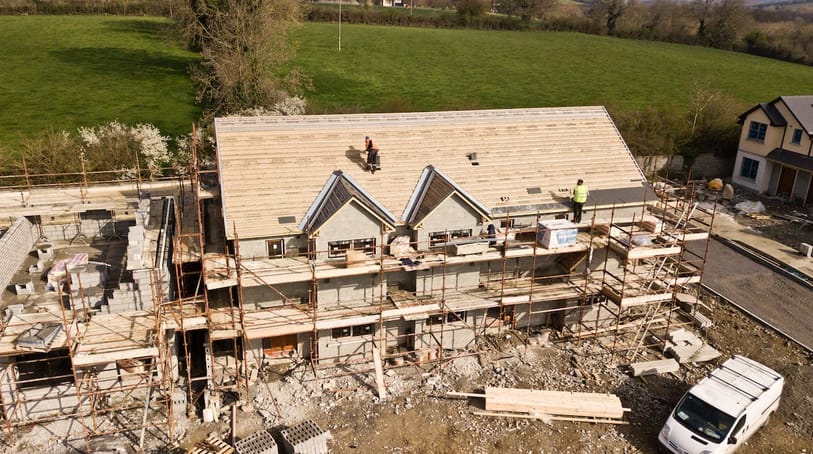Buying and selling property in 2023 might not be an enjoyable ride. In fact, we need to be aware of the boiling issues affecting real estate in Costa Rica and the entire world. From inflation and interest rates to supply chain disruption, various factors can impact the market dynamics. In this blog post, we’ll walk you through some of these challenges and how they affect your decision-making process.
Inflation and Interest Rates
These are two of the most significant factors impacting the real estate market. As inflation rises, so do property prices, making it super challenging for first-time buyers to take the plung into the market. On the other hand, rising interest rates mean higher mortgage repayments, which could result in some homeowners struggling to make ends meet.
Moreover, inflation also affects rental properties as landlords might increase rent to cover their growing costs. This can lead to decreased demand from tenants who cannot afford higher rents. Nevertheless, keeping an eye on these indicators is essential for anyone involved or planning to invest in real estate.
Supply Chain Disruption
The real estate industry is always prone to the effects of supply chain disruption. The past year has seen significant disruptions in global supply chains, and this trend is expected to continue into 2023. This could impact the delivery of materials needed for new construction projects.
Construction companies may face delays in obtaining raw materials such as lumber, steel, and concrete due to transportation issues or manufacturing shutdowns caused by COVID-19 outbreaks. This can lead to project delays and increased costs for developers.


The Great Housing Imbalance
Another issue affecting the real estate industry these past few years is the great housing imbalance. This issue refers to a mismatch between supply and demand, where more people are looking for homes than available houses. The result has been an increase in property prices, making it even more complicated for many people to afford their dream homes.
The housing imbalance can be attributed to several factors, such as population growth, urbanization, and lack of affordable housing construction. With population growth on the rise, especially in urban areas, more people require accommodation leading to increased demand for properties.
ESG Requirements Forcing Change
ESG (Environmental, Social and Governance) requirements are becoming increasingly important in the real estate industry. With the growing concern for climate change and social responsibility, investors want to invest their money in companies meeting ESG standards.
Real estate companies are now being held accountable for their impact on the planet and society. This means they need to implement sustainable practices such as reducing carbon emissions, improving waste management, and using renewable energy sources. Buildings with high sustainability ratings can attract higher rental rates from tenants who value environmentally conscious properties.
Takeaway
Ultimately, those who embrace change and remain committed to delivering exceptional customer experiences will be best positioned for success in this rapidly evolving industry. Keeping a finger on the pulse of these boiling issues affecting real estate in 2023 can help ensure your business remains competitive amidst uncertainty.


